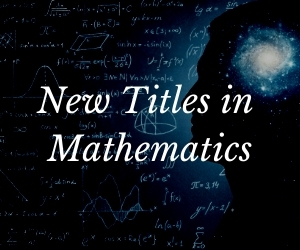System Upgrade on Tue, May 28th, 2024 at 2am (EDT)
Existing users will be able to log into the site and access content. However, E-commerce and registration of new users may not be available for up to 12 hours.For online purchase, please visit us again. Contact us at customercare@wspc.com for any enquiries.
Note: ∗The three volumes are not sequential but rather independent of each other and largely self-contained.
New Edition: Lectures on Quantum Mechanics: Volume 1: Basic Matters (2nd Edition)
Basic Matters is a first introduction to quantum mechanics that does not assume any prior knowledge of the subject. The emphasis is on the general structure as the necessary foundation of any understanding. Starting from the simplest quantum phenomenon, the Stern–Gerlach experiment with its choice between two discrete outcomes, and ending with one-dimensional continuous systems, the physical concepts and notions as well as the mathematical formalism of quantum mechanics are developed in successive, manageable steps. The presentation is modern inasmuch as the natural language of the trade — Dirac's kets and bras and so on — is introduced early, and the temporal evolution is dealt with in a picture-free manner, with Schrödinger's and Heisenberg's equations of motion side by side and on equal footing.
Sample Chapter(s)
Chapter 1: A Brutal Fact of Life (331k)
Contents:
- A Brutal Fact of Life
- Kinematics: How Quantum Systems are Described
- Dynamics: How Quantum Systems Evolve
- Motion along the x Axis
- Elementary Examples





